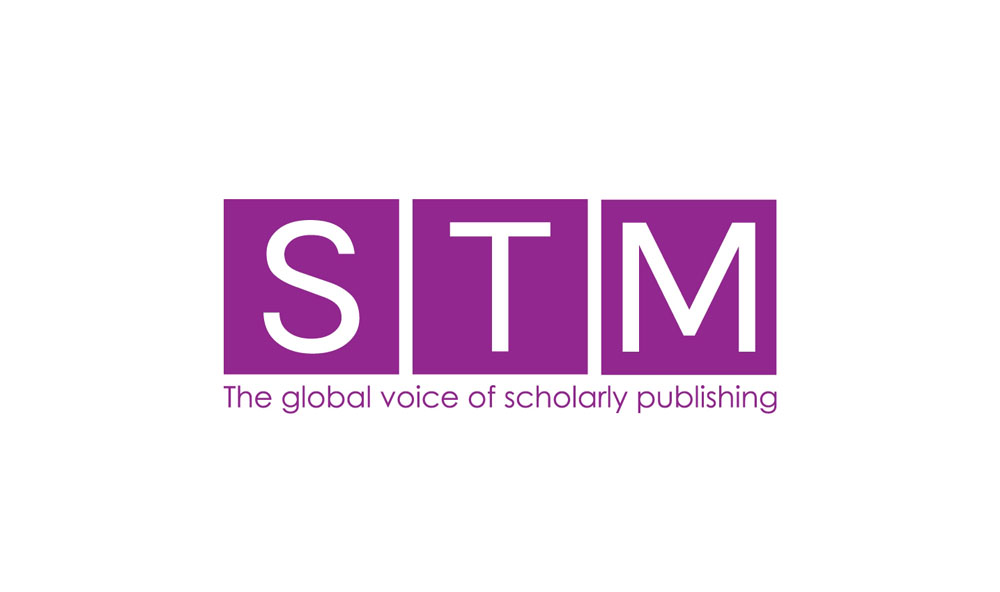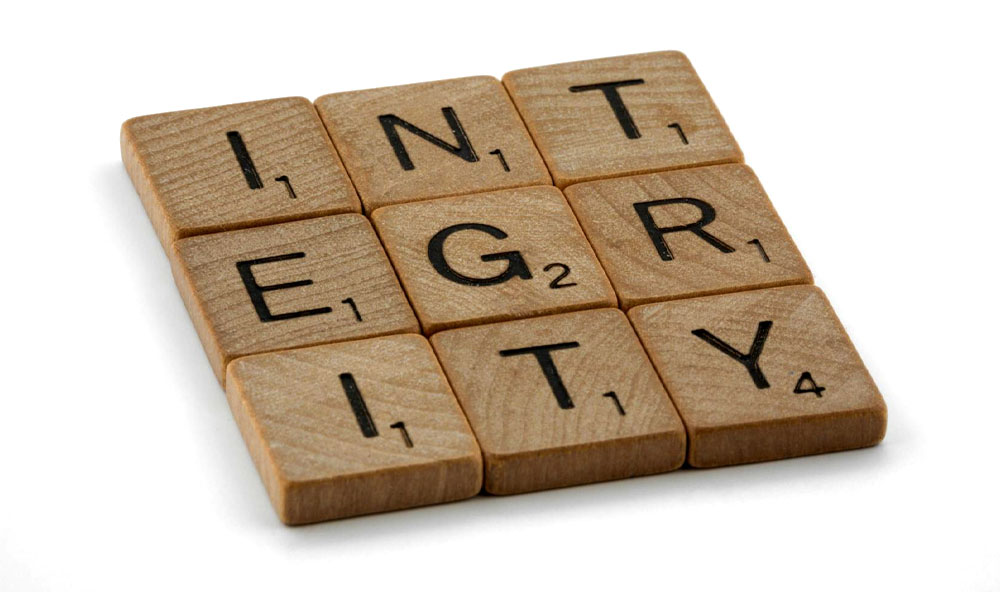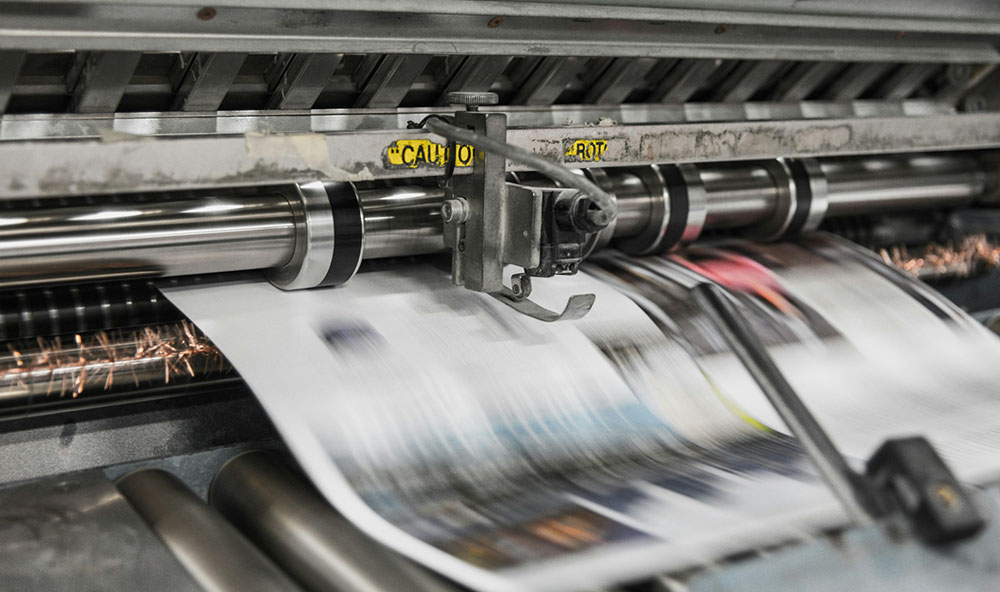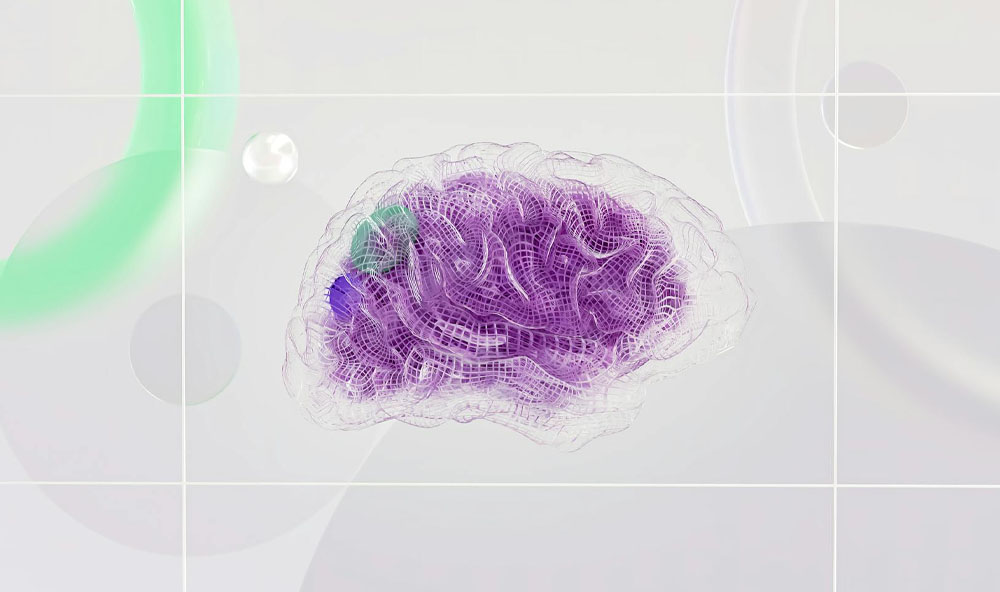
Publishing ethics and research integrity
At Taylor & Francis, we take publishing ethics very seriously. Our in-house Publishing Ethics and Research Integrity team works hard to identify and tackle unethical behavior. This page explains how we do that. It also outlines some common issues that everyone involved in academic publishing should be aware of.
Taylor & Francis is a member of the International Association of Scientific, Technical and Medical Publishers (STM). As part of this, we are actively involved with the STM Integrity Hub. We are also a member of the Committee of Publication Ethics (COPE). This is a charity that promotes the integrity of peer reviewed publications. And, as part of the Informa group, we adhere to a strict Anti-Bribery and Corruption code.
Ethical guidance for editors, authors, and reviewers
Everyone involved in the publication process should promote fairness and equality. They should avoid bias and discrimination, protect the integrity of the academic record, respect the confidentiality of others, and be open about competing interests. We are committed to upholding the integrity of the work we publish, and to ensuring that our content is always of the highest standard. To support this, we operate a robust peer review process, and provide detailed ethics guidance for journal editors, authors, and reviewers. We also run regular webinars and workshops for researchers on research integrity and publishing ethics.


What is research integrity?
Research integrity is sometimes confused with research ethics and data integrity. These are linked, but different:
- Research ethics are concerned with the ethical issues that may arise when conducting research involving animals or human subjects.
- Data integrity is the overall accuracy, completeness, and consistency of data. It also refers to data safety and security. This may relate to regulations such as GDPR.
- Research integrity means conducting research according to high professional and ethical standards. It ensures that the results are trustworthy.
What are publishing ethics?
Publishing ethics relate to the integrity of the publication process. The issues go broader than research ethics and integrity. They include authorship, plagiarism, and bias. From fake news to paper mills to artificial intelligence (AI), the issues are numerous and growing. Publishers need ethical frameworks, processes, and policies more than ever. This is something that we at Taylor & Francis have always been committed to.
The most common ethics cases we see relate to data integrity, authorship, and plagiarism. As technology evolves, we also need tools to tackle paper mills, and policies around the use of AI.

Authorship and plagiarism
Authorship disputes can arise when credit for work is not properly attributed. Issues often happen due to poor awareness of publishing ethics rather than deliberate misconduct. People are not always fully aware of the rights, roles, and responsibilities of authors.
At Taylor & Francis we make a lot of effort to conduct outreach activities with authors and institutions to raise awareness. We also use CrossCheck. This is a tool that screens for unoriginal text. Authors who submit a manuscript to us may have it screened by CrossCheck at any stage of the process.
What are paper mills?
Paper mills put fraudulent manuscripts together, submit them to journals and book publishers, and sell authorship to them. They are a threat to research integrity, and have a direct impact on society by spreading misinformation. A ‘pressure to publish’ culture can drive the use of paper mills. We are committed to detecting, investigating, and preventing these submissions. To do this, we:
- Take preventative measures
- Train editors and colleagues in detection and investigation
- Audit journals and books that may be at risk
- Participate in cross-publisher working groups and task forces
- Use detection technology.


AI and ethics in publishing
The development of AI technologies such ChatGPT, and their increasing availability and use in research and writing, has raised new questions for publishing ethics. The issue of AI and authorship is one that is being addressed by COPE, and by academic institutions and publishers, including Taylor & Francis.
AI tools, where used appropriately and responsibly, have the potential to augment research. However, such tools cannot meet the requirements for authorship. They cannot be listed as an author of a paper, since they have no legal standing. As an author, you are accountable for the originality, validity, and integrity of the content you submit. If you use AI tools, you must do so responsibly and in line with our AI policy.
How we handle allegations of misconduct
Our Ethics team investigates hundreds of research articles each year for a range of suspected issues. These include data falsification, plagiarism, fake authorship, and paper mills. Each investigation is carried out thoroughly, impartially, and with care. To ensure the findings are fair and valid, we follow COPE guidelines and our own strict principles. These include careful assessment, due diligence, objectivity, care and attention, confidentiality, a professional tone, a right of reply, and anonymity.
We also add a temporary ‘under investigation’ alert to selected papers, where there are concerns about the academic integrity of an article. This enables readers to use caution when considering the research.


How we work collaboratively
The issue of publishing ethics and research integrity concerns not only publishers but the scholarly record as a whole. We therefore need to face it together. We participate in cross-publisher working groups and task forces dedicated to developing industry-wide guidance, policies, and tools. We are members of the following:
- Committee on Publication Ethics (COPE). COPE is a charity that provides ethical guidelines and codes of conduct for publishers, editors, and reviewers.
- STM Integrity Hub. This is a project where publishers work together to strengthen research integrity through the publishing process, as well as address paper mills.
- United2Act. This is an international group dedicated to tackling paper mills.
We also work with University Research Ethics Offices. Because publishing ethics and research integrity starts in universities and research settings, it is important for us to work with the academic community too.
It is the collective responsibility of all stakeholders in the academic publishing process to uphold publishing ethics, promote awareness of the issues, and keep up with evolving technology. Together we can ensure the integrity of the scholarly record.
Further resources on publishing ethics
We encourage editors, authors, and reviewers to familiarize themselves with the following resources:
- Taylor & Francis Editorial Policies
- Ethical guidelines for journal editors, authors, and peer reviewers
- Publishing ethics and integrity with Dr Sabina Alam – video and transcript
- An introduction to research integrity and selective reporting bias for journal editors and researchers, from research integrity expert Professor Lex Bouter
- Dealing with the perils of “paper mills”: How the Bioengineered journal fights fake science – a post about how we are tackling paper mills
- United2Act Against Paper Mills
- Taylor & Francis position statement on the Responsible use of AI Tools in Academic Content Creation
- Taylor & Francis AI policy
- Publishing Ethics for Researchers Across Africa (PDF)
- Alam, S., & Wilson, L. (2023). Perspectives from a publishing ethics and research integrity team for required improvements. Journal of Data and Information Science, 8(3), 1-14
- Garfinkel S, Alam S, Baskin P, et al. (2023) Enhancing Partnerships of Institutions and Journals to Address Concerns About Research Misconduct: Recommendations From a Working Group of Institutional Research Integrity Officers and Journal Editors and Publishers. JAMA Network Open, 6(6)
- Committee on Publication Ethics (COPE)
- COPE Position Statement on Authorship and AI Tools
- How to handle authorship disputes: a guide for new researchers (COPE Report, 2003) (COPE Report, 2003) (PDF)
- COPE Code of Conduct.
 Africa
Africa  China
China  Japan
Japan 

